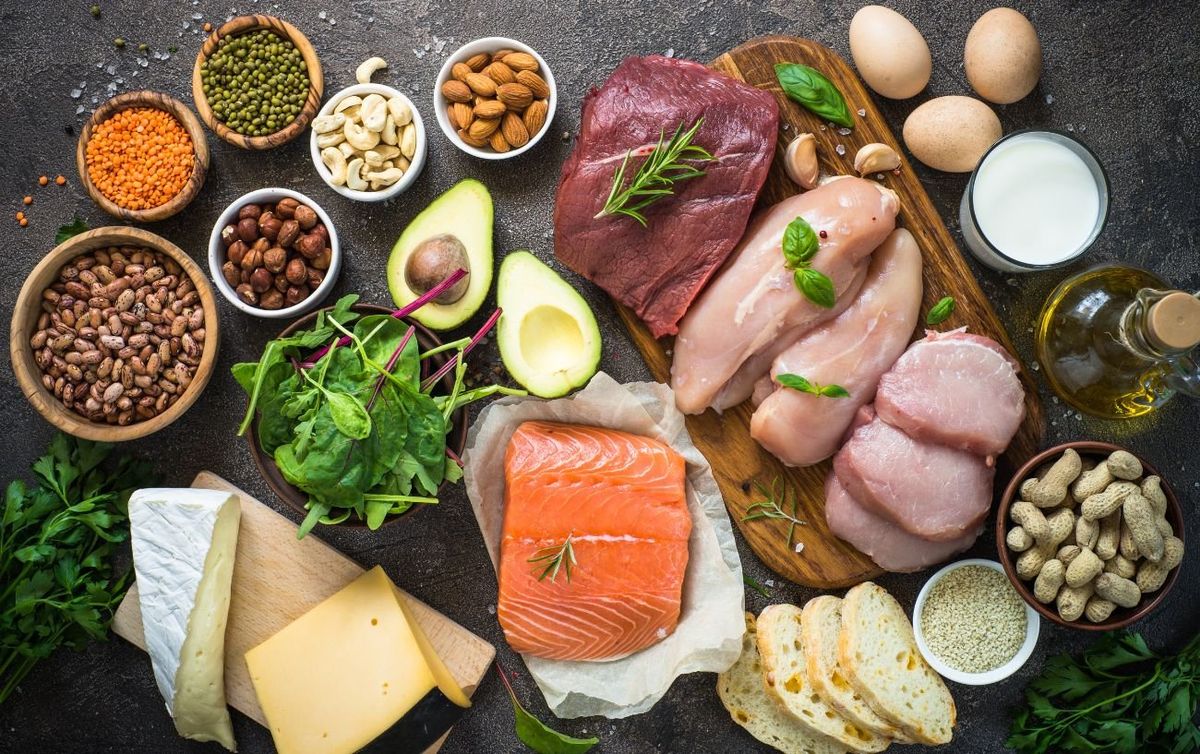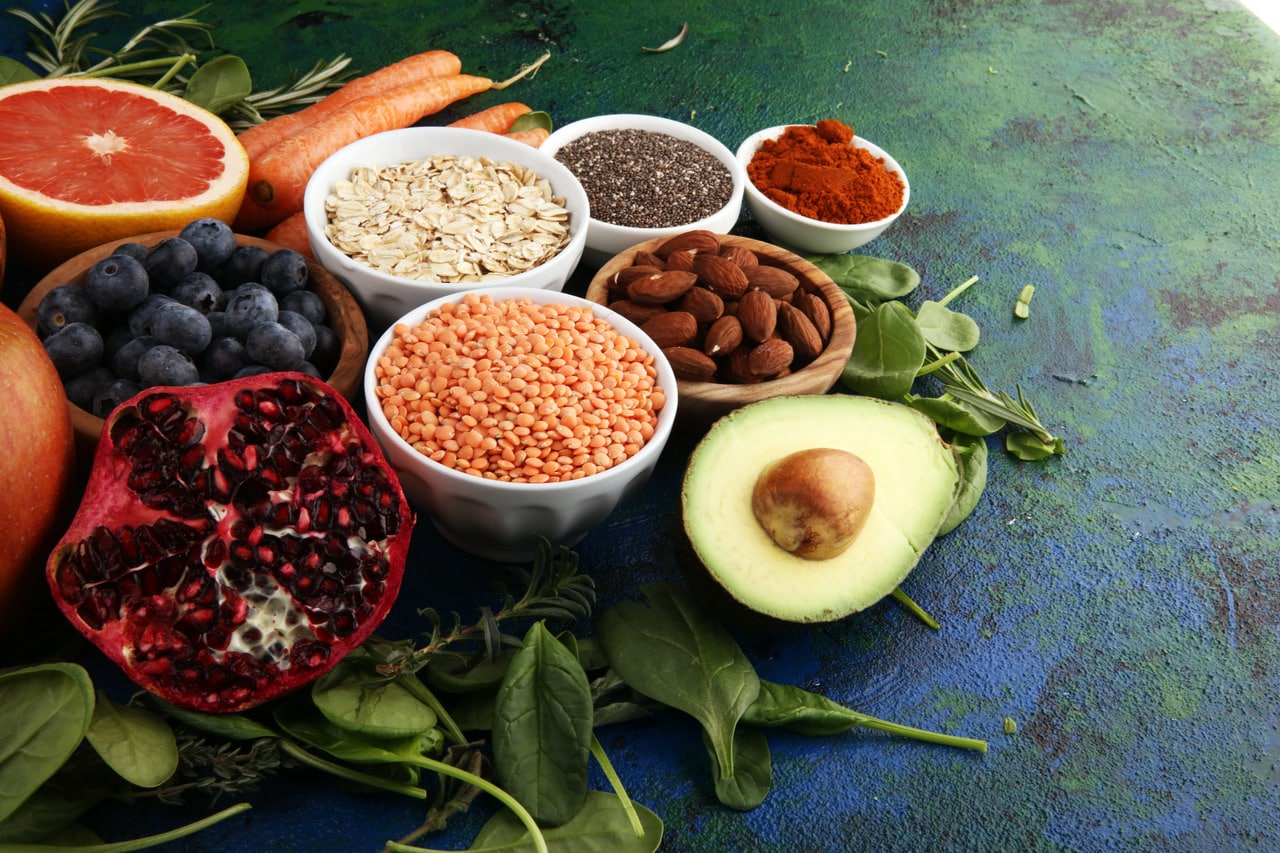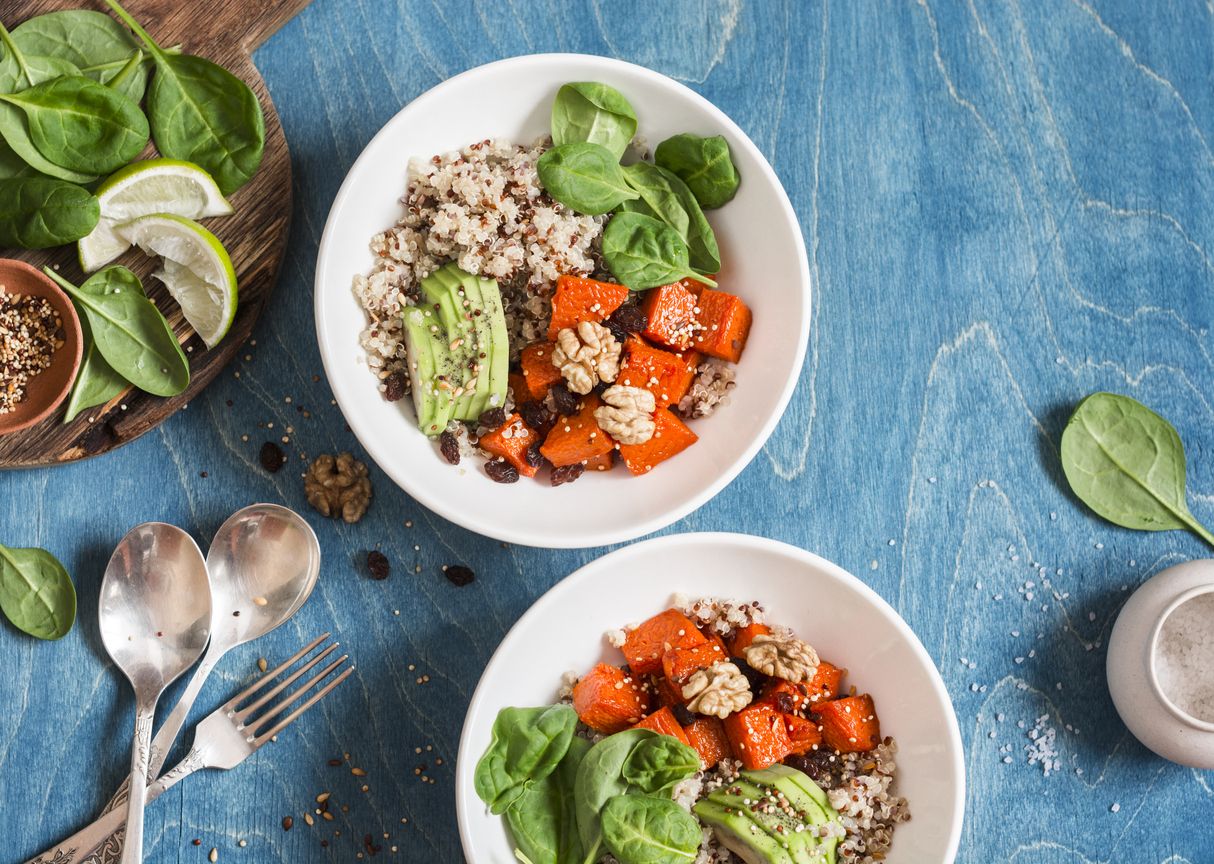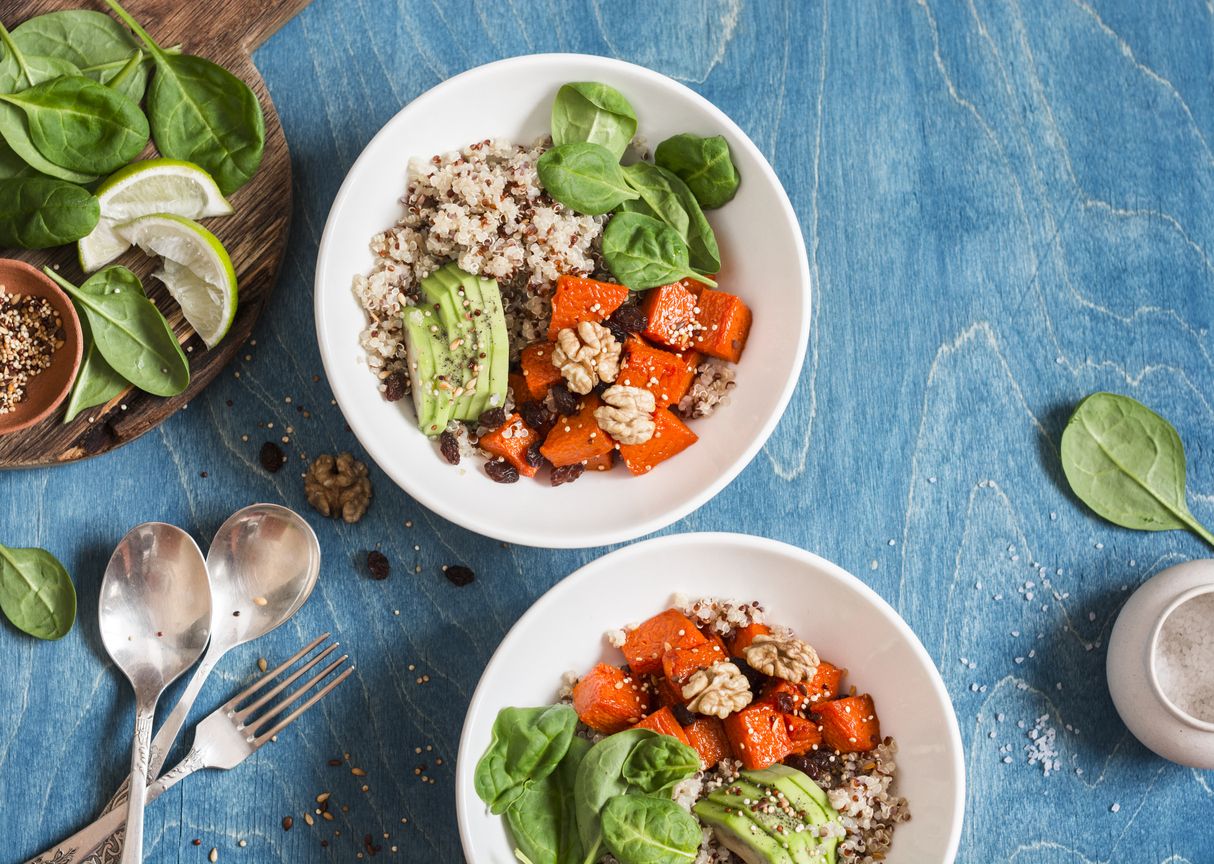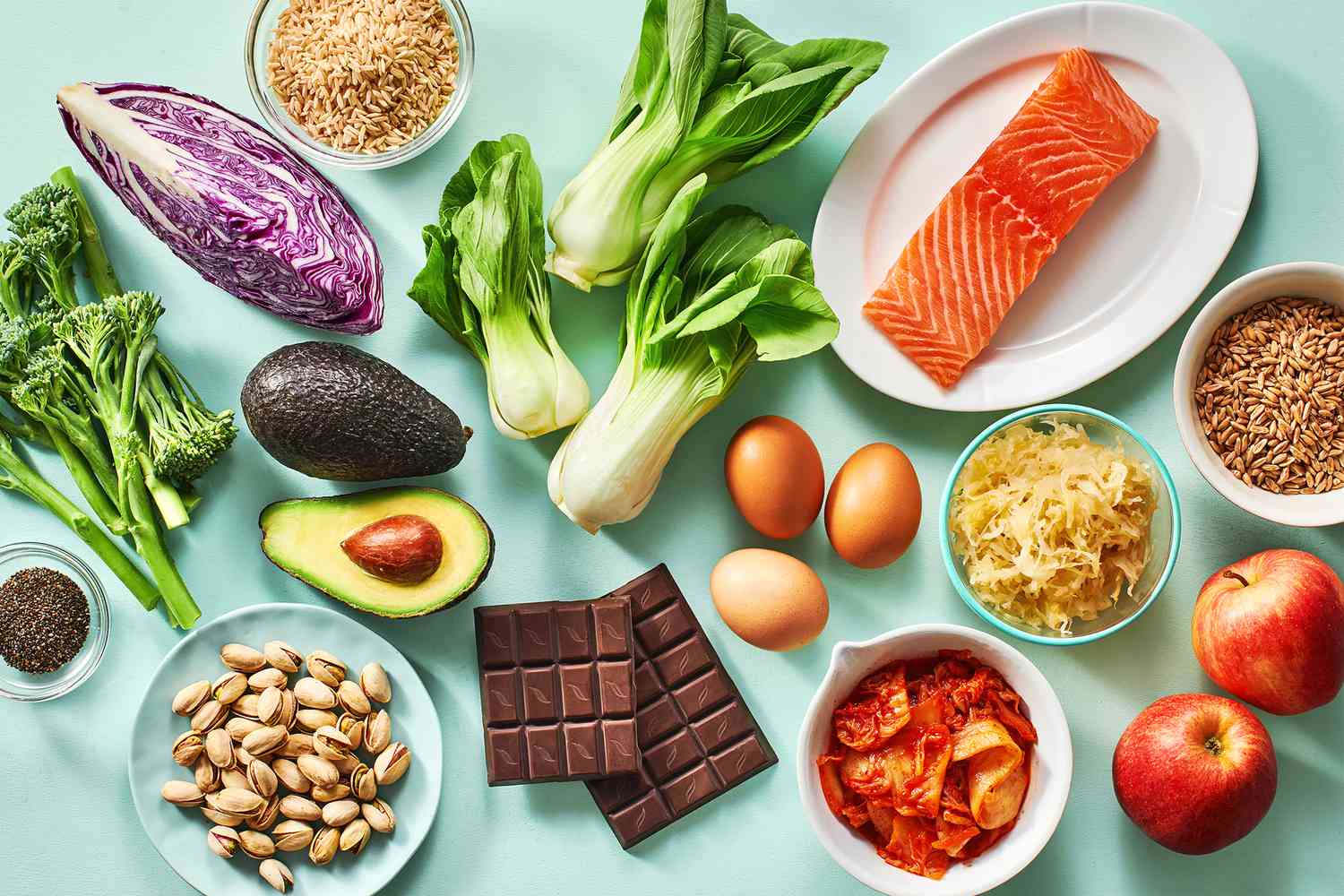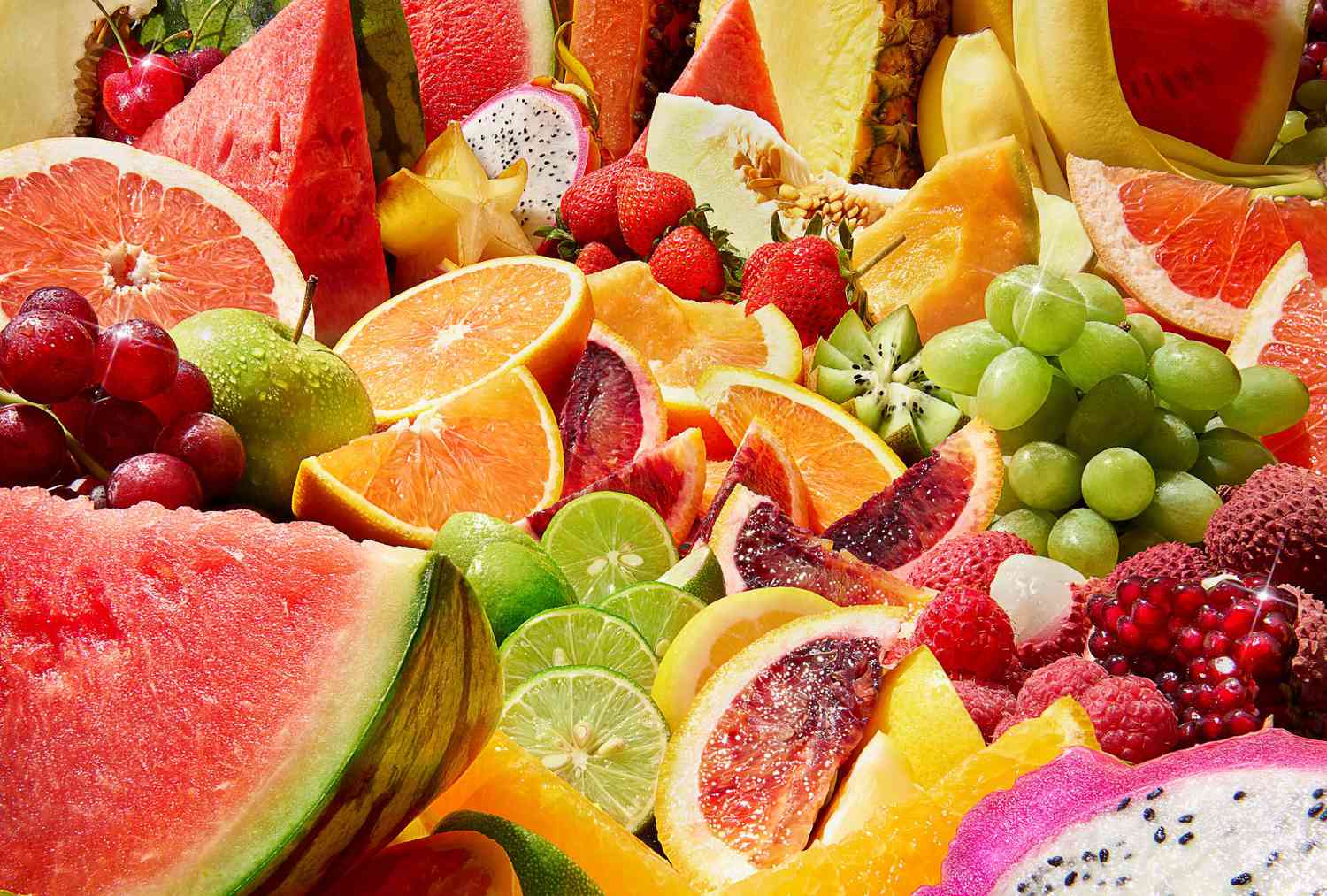Boost Your Metabolism with the Right Foods
Having a high metabolism can help you maintain a healthy weight and have more energy throughout the day. While genetics play a role in determining your metabolic rate, there are several ways you can boost your metabolism through your diet. By incorporating the right foods into your meals, you can support your body’s natural fat-burning abilities and improve your overall health.
Include Protein in Every Meal
Protein is essential for boosting metabolism because it requires more energy to digest compared to fats and carbohydrates. Including a source of protein in every meal can help you feel fuller for longer and prevent overeating. Opt for lean protein sources such as chicken, turkey, fish, tofu, and legumes to support your metabolic rate.
Embrace Healthy Fats
Contrary to popular belief, consuming healthy fats can actually boost your metabolism. Foods rich in omega-3 fatty acids, such as salmon, avocados, and nuts, can support your body’s fat-burning processes. Additionally, these fats can help reduce inflammation and improve overall heart health.
Spice Up Your Meals
Adding spicy foods to your meals can temporarily increase your metabolism. Ingredients like chili peppers contain capsaicin, a compound that can raise your body temperature and stimulate the metabolic rate. Consider incorporating spices like cayenne pepper, ginger, and turmeric into your cooking to reap the metabolism-boosting benefits.
Stay Hydrated
Drinking enough water is crucial for maintaining a healthy metabolism. Dehydration can slow down your body’s ability to burn calories, so it’s important to stay hydrated throughout the day. Aim to drink at least 8 glasses of water daily and consider consuming hydrating foods like cucumbers, watermelon, and oranges to support your metabolic function.
Don’t Skip Meals
Skipping meals can actually slow down your metabolism as your body goes into conservation mode to conserve energy. Instead of skipping meals, focus on eating regular, balanced meals and snacks to keep your metabolism running efficiently. Incorporate a mix of protein, healthy fats, and complex carbohydrates into your meals to support your metabolic rate.
Conclusion
By incorporating these metabolism-boosting foods into your diet and adopting healthy eating habits, you can support your body’s natural fat-burning abilities and improve your overall health. Remember that while diet plays a significant role in metabolism, it’s also essential to engage in regular physical activity and prioritize adequate sleep to maintain a healthy metabolic rate.

